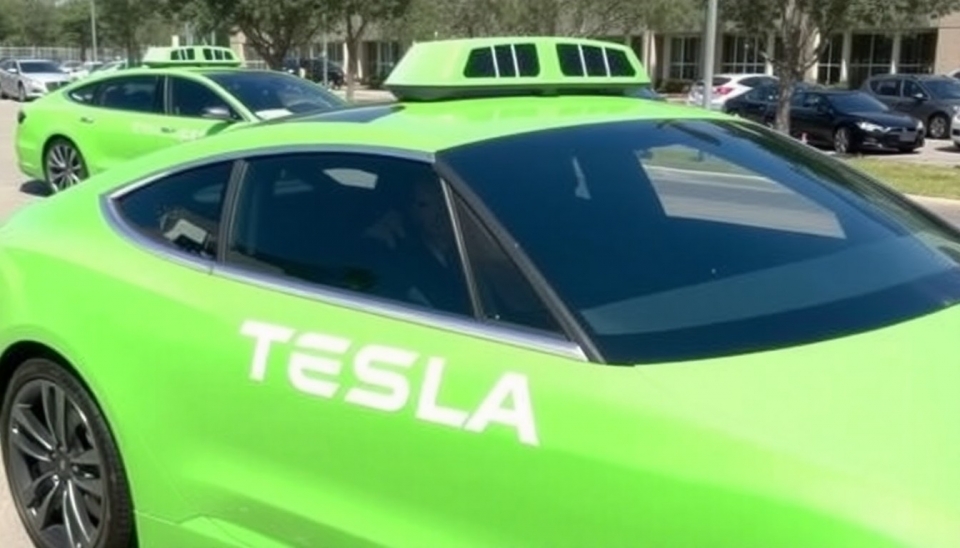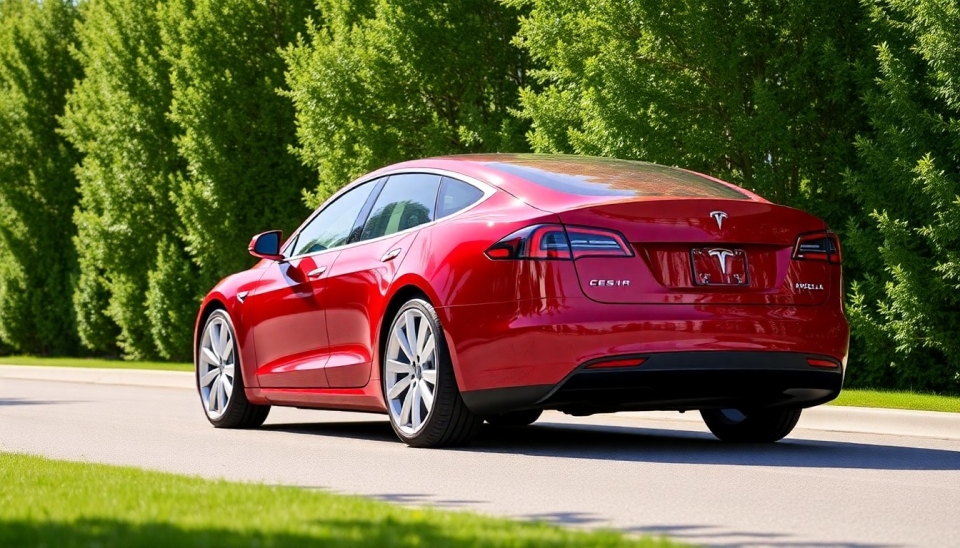
In an unfolding legal saga with wide-reaching implications, the Supreme Court of the United States has denied Elon Musk's platform, X, in its appeal against a ruling involving a clandestine Department of Justice (DOJ) warrant linked to former President Donald Trump. The high-profile tech and legal conflict stems from a covert government warrant issued to obtain information from the social media platform, previously known as Twitter, as part of an ongoing investigation.
The Supreme Court's decision effectively upholds a lower court ruling that requires X to comply with the DOJ's request, which reportedly involves user data related to Trump. The precise details of the warrant remain undisclosed due to its sensitive nature and potential impact on ongoing investigations. This case underscores the tension between technological privacy and governmental authority, particularly when involving high-level political figures.
X's legal team had previously contested the matter, arguing that the scope of the warrant was overly broad and posed significant issues regarding user privacy and platform integrity. The arguments presented to the court reflected broader concerns within digital platforms, as they navigate the precarious balance between safeguarding user data and complying with governmental demands.
Elon Musk has been vocal about his concerns regarding privacy and governmental oversight, often expressing a desire to protect user information on his company's platforms. This case represents a clash of Musk's ideological stance with the legal obligations enforced by the DOJ, which maintains that such warrants are crucial for national security and effective law enforcement.
While the Supreme Court's dismissal is a setback for Musk and X, it highlights a growing trend where technology companies are caught in the crossfire of legal battles intersecting with political and social dynamics. How this decision will influence future interactions between tech giants and governmental entities remains to be seen, but it sets a precedent for how such disputes will be handled.
The impact of the ruling is expected to resonate across the tech industry, prompting other social media platforms to reassess their legal strategies and privacy policies. As the issue of digital privacy becomes increasingly contentious, X faces inevitable scrutiny from users, the judiciary, and government bodies alike.
This decision may also influence legislative efforts aimed at defining the boundaries of governmental access to digital data, a topic that has garnered increased attention from both privacy advocates and policymakers. Musk's challenge, although unsuccessful, adds to the discourse on balancing privacy with governmental needs in the digital age.
The legal and social ramifications of this Supreme Court decision will likely linger, serving as a critical reference point for future jurisprudence concerning digital privacy rights and governmental powers in the United States.
#ElonMusk #XPlatform #SupremeCourt #PrivacyBattle #DOJ #TrumpWarrant #DigitalPrivacy #TechVsGovernment #SocialMediaPrivacy #LegalChallenges
Author: Emily Collins




